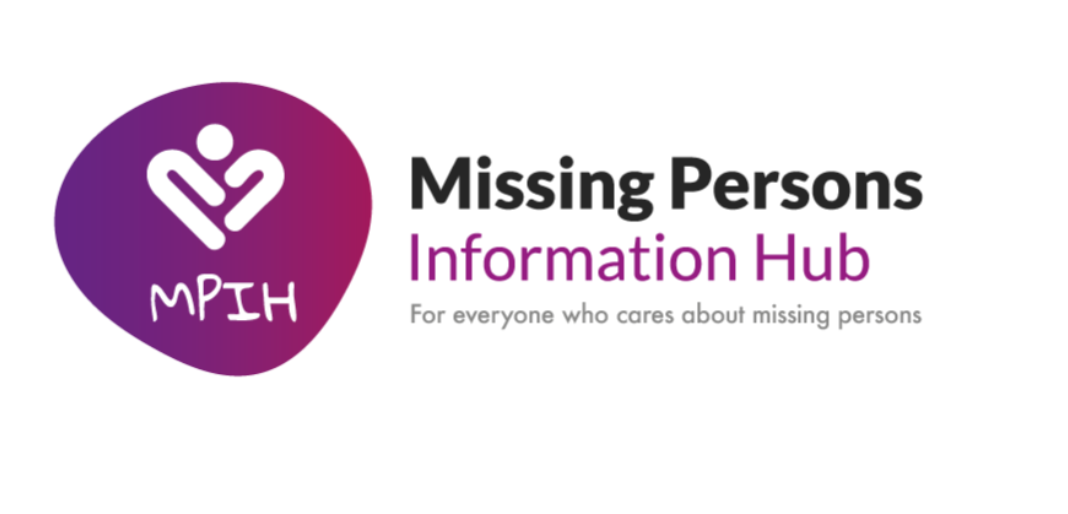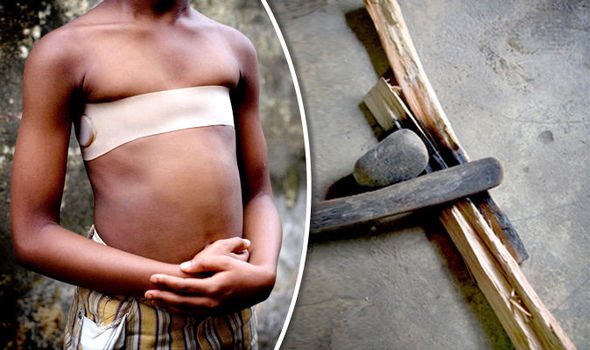The Missing Persons Information Hub (MPIH) is aimed at anyone who may be involved or needs help including professionals, academics and, most importantly, missing persons and their families and friends.
It is the brainchild of Charlie Hedges MBE, a friend of ours and one of the UK’s foremost experts on missing persons, particularly children and those who are abducted and trafficked. He said:
“I have been dedicated to work relating to missing persons for over 25 years and, due to its complexities, I still find it hard to find what I am looking for. It is important that everyone has a simple way of finding what they need in relation to this subject. MPIH is designed as a signposting function to relevant information or organisations.”
The website signposts users to organisations that work with missing persons, how to get help, an explanation of terms and a library. For families and friends struggling to know how to deal with the loss of someone they care about, they can find out where to get help and what some of the terminology used means. Professionals can find other organisations, plus good practice documents and research. Academics can search for research that has already been published and, hopefully, help them to identify where there are gaps for new research.
The development team have come from statutory and voluntary organisations, universities, family members and experts that work in the area of missing persons. The main focus is on the UK but the website can be used for international cases.
The University of Portsmouth’s Centre for the Study of Missing Persons has transferred their research archive into the MPIH library. Dr Karen Shalev Greene, Director of the Centre, said: “This new Hub will be a crucial single point of reference for people looking for information or who want to understand what resources are available about all aspects of missing persons. It is also important as it allows us to promote current and new research in this area and help disseminate this information to practitioners and the public.”
ACC Catherine Hankinson, the National Police Chiefs Council Lead for Missing People, said:
“I would like to thank Charlie for his vision and the development team for making this happen. This website will make it so much easier for families, people who have gone missing or are thinking about going missing, professionals and academics to find the information that they need, and identify what support is out there for people affected during a time of crisis.”
Val Nettles’ son, Damien, went missing in 1996 and has never been found. She said: “When your child is missing you are lost in time and space. The world continues its momentum, revolving around you whilst you are rooted to that spot in time.
“During my search for something, anything that might help me to understand, make sense of how I got here I found a myriad of disembodied articles. I had an overwhelming need to understand the complexities of ‘missing’ and how to make it better for the next family who entered this dreadful situation. It took years to even realise I was searching for this clarity. I found information I wish I had known about when it first happened. Wondering how I had missed this or that which could have been helpful had someone mentioned it. But it was disjointed. It happened often enough to be very clear there was a disconnect.
Val continued: “I met Charlie in 2016 just after a BBC Three documentary about my missing son. He shared his vision of a Centre of Expertise, which became one of the pillars of Damien’s Law that we were campaigning for at the time. Sadly, due to lockdown Damien’s Law has been on a back burner as Covid-19 became the main topic of concern.”
“A central hub of information on missing issues was a vision that made so much sense to me. With dogged determination we looked at our options which fell into place as the idea was embraced by all parties with an interest in the missing issue.
“I was pleased to be a part of this passionate group as a family expert, along with professionals willing to volunteer their expertise and time to ensure this project became a reality.”










